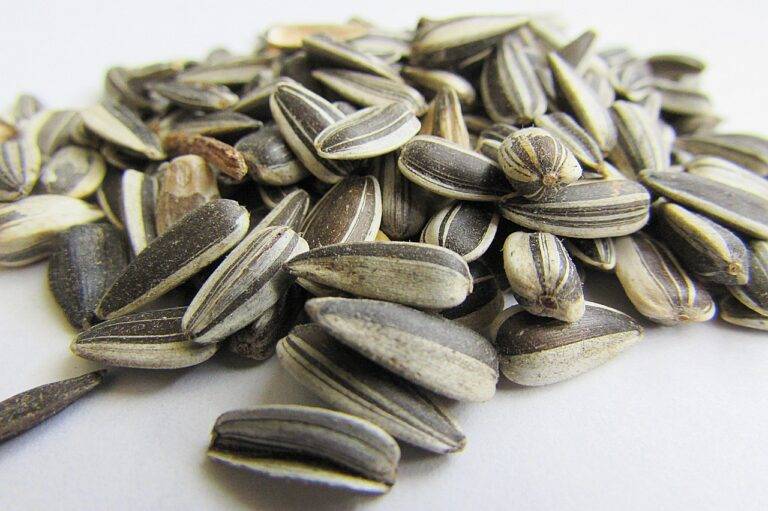The Health Benefits of Mediterranean Diet: A Delicious Path to Wellness
The Mediterranean diet is widely recognized for its focus on whole, plant-based foods. Emphasizing the consumption of fruits, vegetables, nuts, seeds, legumes, whole grains, and olive oil, this diet is abundant in antioxidants, fiber, and healthy fats. These nutrient-dense foods are not only beneficial for heart health but also have been associated with lower rates of chronic diseases such as diabetes and cancer.
In addition to plant-based foods, the Mediterranean diet includes moderate amounts of lean proteins such as fish, poultry, and dairy products. Fish, particularly oily fish like salmon and sardines, are rich in omega-3 fatty acids which have anti-inflammatory properties. Dairy products, such as Greek yogurt and cheese, provide important nutrients like calcium and probiotics. By incorporating these protein sources in moderation, the Mediterranean diet offers a well-rounded approach to nutrition that promotes overall health and well-being.
The Role of Extra Virgin Olive Oil in Promoting Heart Health
One essential element of the Mediterranean diet is extra virgin olive oil, which has been widely recognized for its numerous health benefits. Rich in monounsaturated fats and antioxidants, this heart-healthy oil helps reduce inflammation and oxidative stress, both of which are key contributors to heart disease. Incorporating extra virgin olive oil into your daily diet can lead to improved cholesterol levels and reduced risk of cardiovascular issues.
The high concentration of polyphenols in extra virgin olive oil also plays a crucial role in promoting heart health. These plant compounds have been shown to have anti-inflammatory and antioxidant properties, further aiding in the prevention of heart disease. By replacing unhealthy fats with extra virgin olive oil in cooking and salad dressings, individuals can enjoy not only enhanced flavor but also a boost to their heart health.
What are the key components of the Mediterranean Diet?
The key components of the Mediterranean Diet include high consumption of fruits, vegetables, whole grains, legumes, nuts, fish, and olive oil, along with moderate consumption of red wine and dairy products.
How does extra virgin olive oil promote heart health?
Extra virgin olive oil is rich in monounsaturated fats, antioxidants, and anti-inflammatory properties, which have been shown to reduce the risk of heart disease by improving cholesterol levels, reducing blood pressure, and protecting against oxidative stress.
How much extra virgin olive oil should be consumed for optimal heart health benefits?
It is recommended to consume about 2-4 tablespoons of extra virgin olive oil per day as part of a balanced diet to reap the heart-healthy benefits.
Can extra virgin olive oil be used for cooking?
Yes, extra virgin olive oil is suitable for cooking at low to medium heat as it has a higher smoke point compared to other oils. It is best used for sautéing, roasting, and as a finishing oil for salads and dishes.
Are there any side effects of consuming extra virgin olive oil?
Extra virgin olive oil is considered safe for most people when consumed in moderate amounts. However, excessive consumption may lead to weight gain due to its high calorie content, so it is important to use it in moderation as part of a balanced diet.





